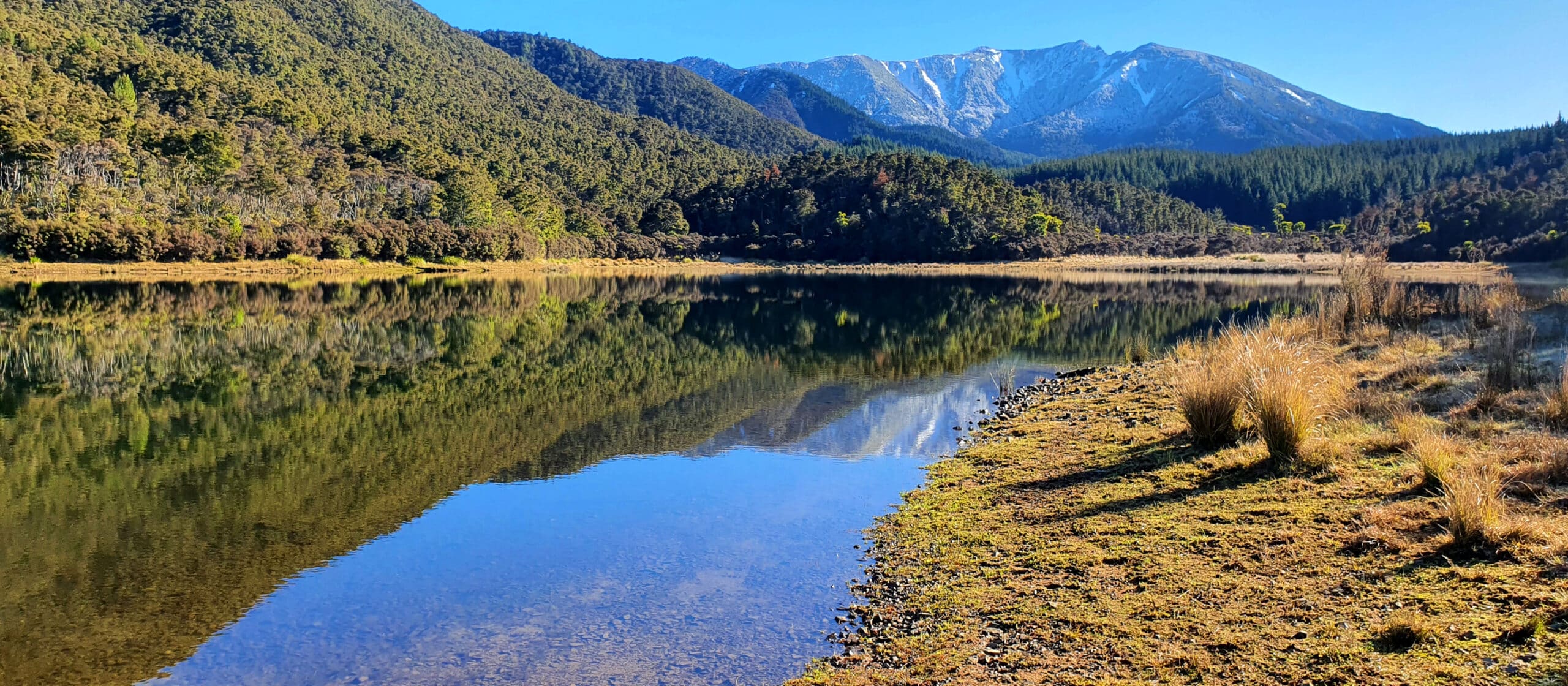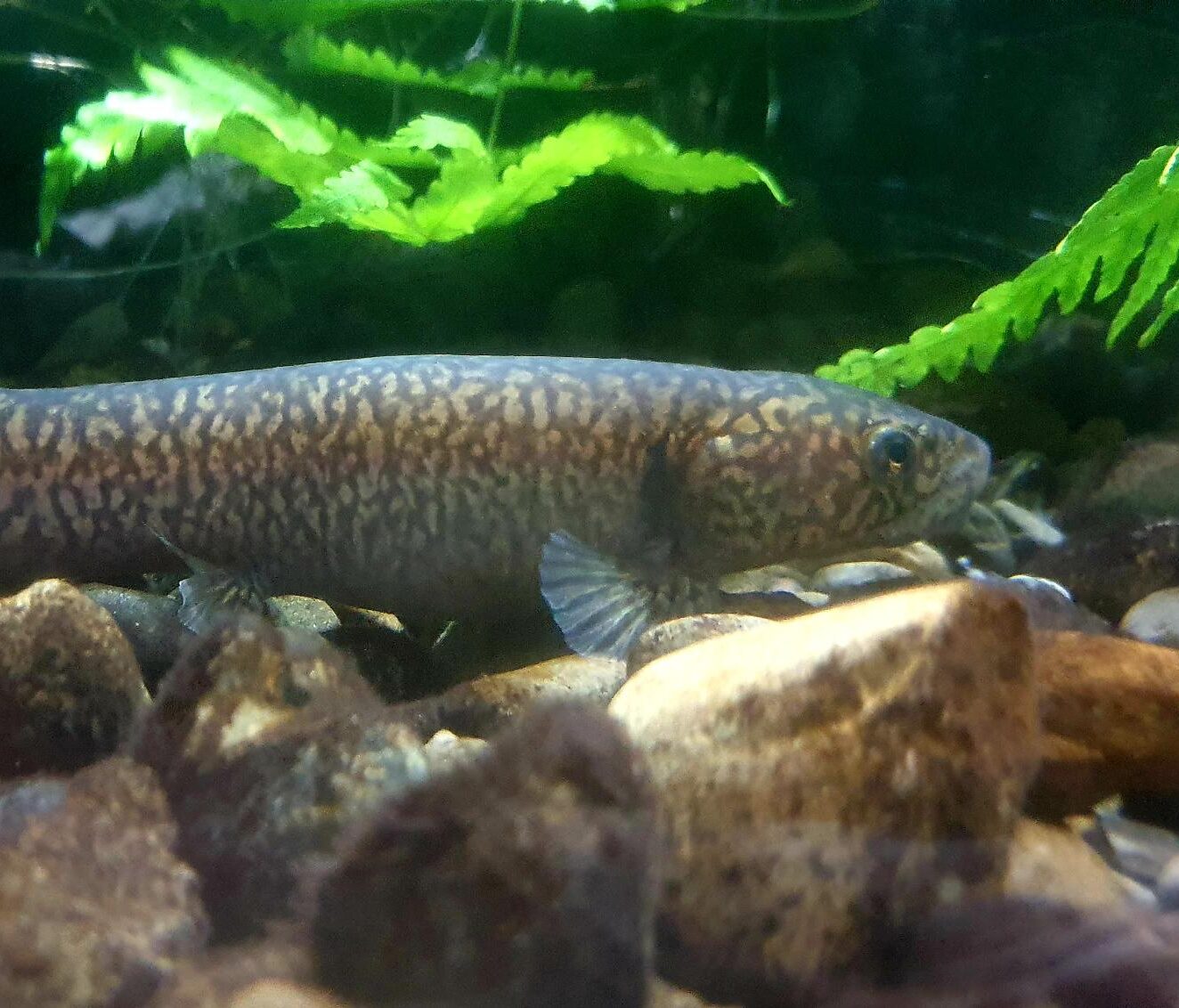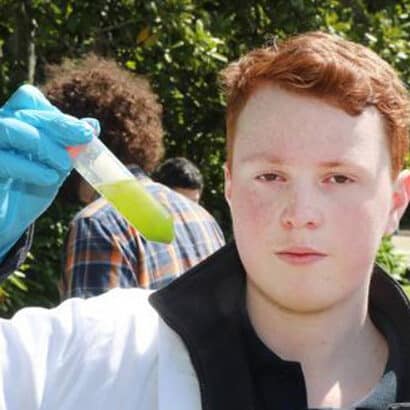The Lakes380 team was well represented at the joint conference between the New Zealand Freshwater Sciences Society, the New Zealand Hydrological Society and the Rivers Group / Manatiaki Kōawa in Invercargill from 1-4 December. The theme for the conference was ‘Weathering the Storm’ which was very appropriate after a year of lock-downs and disruptions. We have weathered the COVID storm well here in New Zealand and, because of that, we could come together in person to share our mahi and discuss new ideas.
Throughout the conference several themes that were forefront of many people’s work included the importance of collaboration with tangata whenua and the wider community, the significance of protecting our native aquatic species and how integrating cutting-edge techniques into freshwater science can overcome research barriers. These principles are at the heart of the Lakes380 project, so we feel like we are on the right track!!
The conference delegates got to hear about an array of Lakes380 research over the three days of talks. Programme co-leader Marcus Vandergoes took the delegates on a journey of through the history of some of New Zealand’s lakes. He demonstrated how we can combine pollen and hyperspectral analyses to understand how our lakes have been affected by human impacts (e.g., removal of native plants) but also how lakes can change from natural processes (e.g., earthquakes introducing sediment).
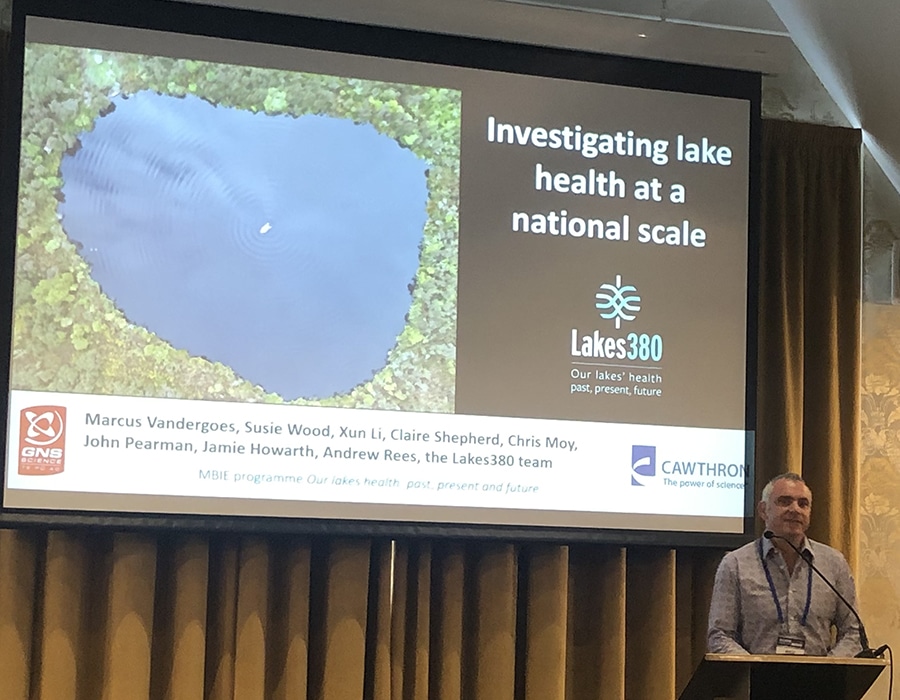
McKayla Holloway inspired the delegates with descriptions of the science communication initiatives happening through Lakes380 and her work communicating lake histories in more accessible formats. Konstanze Steiner and Georgia Thomson-Laing presented on the molecular assays they have been developing to detect tuna (eels), kākahi (freshwater mussels) and kōura (freshwater crayfish) in sediment core samples.
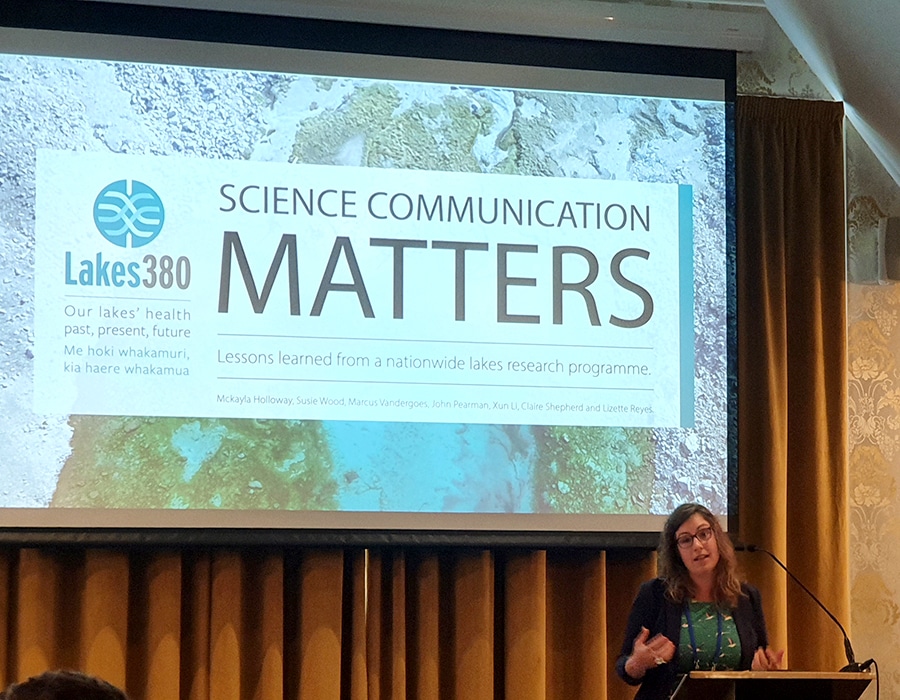
John Pearman described several projects to understand lake histories using molecular analyses such as high-throughput sequencing and his ground-breaking work on the stability of DNA and RNA in sediment cores.
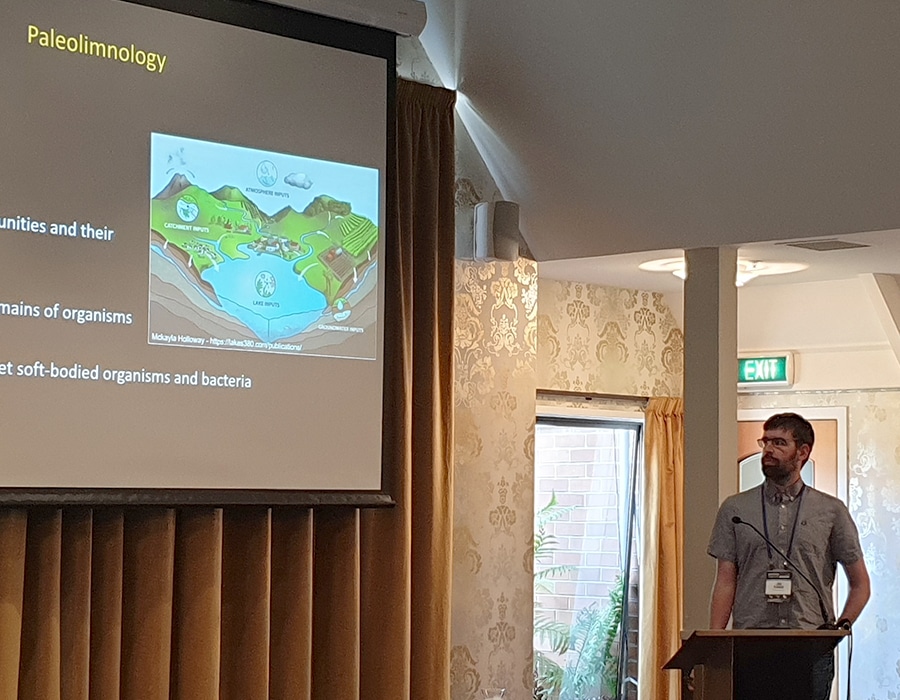
Jonathan Puddick explained how we can use pigments to understand cyanobacteria blooms in New Zealand lakes and assess differences between lakes and changes in the cyanobacterial community through time.

Many of the Lakes380 team were also there to celebrate Susie Wood (Lakes380 programme co-leader) accepting the New Zealand Freshwater Sciences Society Medal for her contributions to freshwater ecology, management of toxic cyanobacteria and her mentoring of young scientists. During her keynote talk, Susie took the audience on a journey through her career; from the first time she attended a freshwater science conference as a young PhD student, through exciting research projects and the hurdles she faced with, to the ambitious Lakes380 project. The audience was wowed by the scope and scale of what Lakes380 is undertaking; studying lake health on a national scale, and weaving multiple knowledge streams together to obtain an unprecedented understanding of lake ecology. She provided messages of collaboration – dedicating the award to the hundreds of people who had helped her along the way and threatening to cut the medal up and share it out, kindness – reflecting on how NZFSS society members welcomed her at her first conference, and passion – encouraging us to trust our ‘gut’ and chase our research ideas.
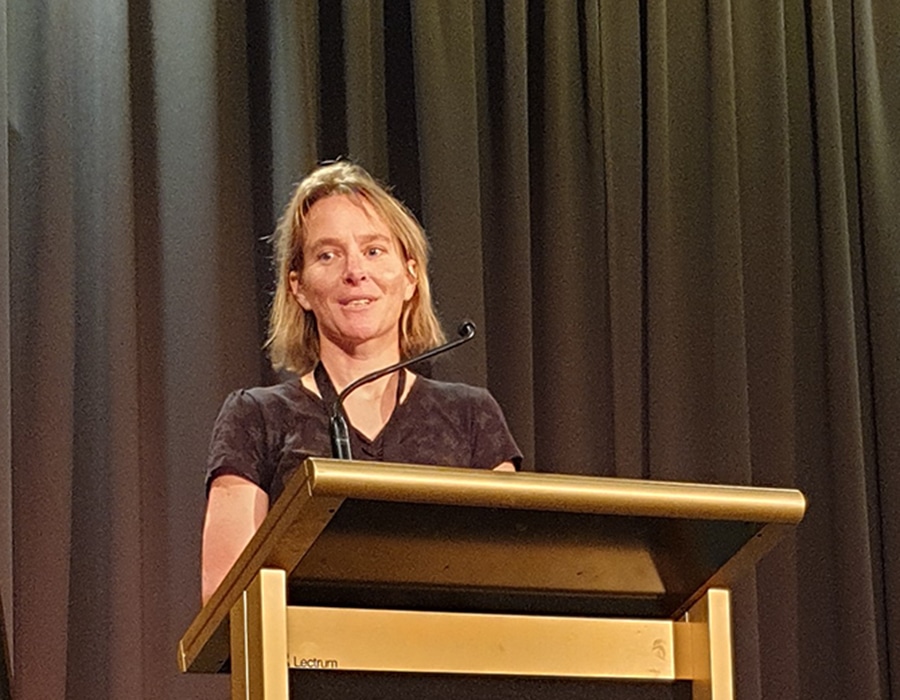
As well as the opportunity to present their research, the conference also provided the Lakes380 team with a chance to connect with other New Zealand freshwater researchers, discuss ideas, develop new collaborations and to hear about new developments in the freshwater space. It was also heartening to hear about all the projects underway to protect and restore rivers, lakes and wetlands around Aotearoa New Zealand, and the initiatives being developed to allow more community input into freshwater management. We all left the conference with a feeling that the future looks bright if we can keep up this momentum in improving the health of our freshwaters.
Ko te wai te ora ngā mea katoa – Water is the life giver of all things
